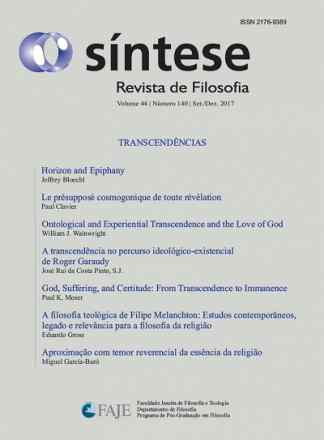THE POLITICS OF MULTICULTURALISM AS REPARATION FOR WESTERN COLONIALISM: A CRITICAL APPROACH ON MODERNITY’S NORMATIVE PARADIGM
Síntese
THE POLITICS OF MULTICULTURALISM AS REPARATION FOR WESTERN COLONIALISM: A CRITICAL APPROACH ON MODERNITY’S NORMATIVE PARADIGM
Autor Correspondente: Leno Francisco Danner | [email protected]
Palavras-chave: -
Resumos Cadastrados
Resumo Inglês:
This study starts from a criticism against the naturalization and depoliticization of the normative paradigm of modernity. Such criticism was made by some contemporary philosophical-sociological theories that associated modernity directly with universalism and conceived it as the final stage of human evolution (in terms of epistemological-moral consciousness, culture and material organization), as opposed to traditionalism. The article argues that modernity is not a universalistic epistemological-moral paradigm or a material and societal organization from which multiculturalism can be embraced, promoted and guided, particularly in the international context. Consequently, I reject the direct association, proposed by such philosophical-sociological theories, of universalism, cosmopolitanism and globalization with the epistemological, cultural and economic modernization. In other words, universalism does not mean modernization, as it does not justify the totalizing pursuit of modernity as a paradigm and a material-institutional form of life for all contexts and as a condition for their stability. I therefore propose a reformulation of the paradigm of modernity with the concept of Western colonialism reparation, which must start from the recognition of the historical-sociological blindness concerning the intrinsic link between the normativity of modernity and the Realpolitik of modern colonialism. Such blindness implies the statement that modernity is inherently self-reflexive, justifying it as the basic paradigm for the context of modernity as well as for the sphere of international politics. This would reinforce its permanence as a universalistic paradigm and cosmopolitan ethical-political project. Based on that separation, modernity can always function as the starting point and as the point of arrival to universalism, transforming modernization into universalism itself.

